Trump's economic advisor says Huawei remains on the Entity List; company not totally off the hook
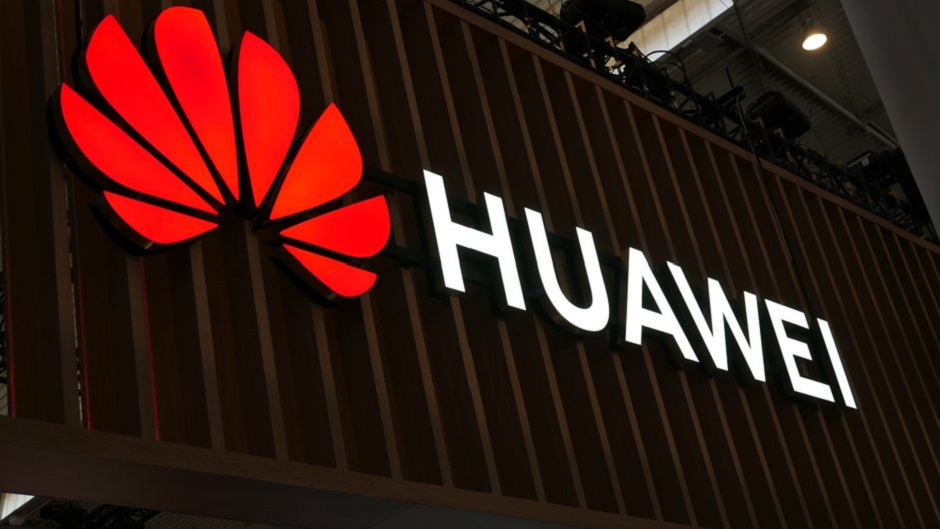
Early Saturday morning, we told you that the presidents of both the U.S. and China, Donald Trump and Xi Jinping respectively, had reached a truce on the trade war embroiling both countries. As a result, Trump told the media early Saturday morning that "U.S. companies can sell their equipment to Huawei. We're talking about equipment where there's no great national security problem with it." Last month, Huawei was put on the U.S. Commerce Department's Entity List preventing it from buying supplies from U.S. companies. Because of the ban, Huawei was about to be forced into using its own Hongmeng operating system and the App Gallery storefront for the upcoming Mate 30 series. But Trump's comments ended all of Huawei's worries, right? Wrong.
National Economic Council chairman Larry Kudlow said today on "Fox News Sunday" (via Reuters) that the U.S. based technology that Huawei can now source has to be for components and software that is available widely worldwide. Kudlow said that Trump's comments about Huawei are "not a general amnesty" and that the agreement "is not the last word." He added that "All that is going to happen is Commerce will grant some additional licenses where there is a general availability" for the parts needed by Huawei. As an example, the White House's economic advisor said that chips being sold by U.S. companies are available from suppliers in other countries.
Huawei remains on the Entity List according to Kudlow
So what about Google? While Android is an open source operating system, the Google Play services version of the software must be licensed by Huawei for it to retain access to Google's popular core apps and the Google Play Store and is not widely available from other countries. While there are operating systems available from other nations (Huawei was reportedly looking at one from Russia), it will depend on how the Trump administration interprets its own rules. We could hear from Google sometime later today or tomorrow at the latest weighing in on the pronouncement from the president and the clarification from Kudlow. Other firms could also announce if they plan on doing business again with the manufacturer.
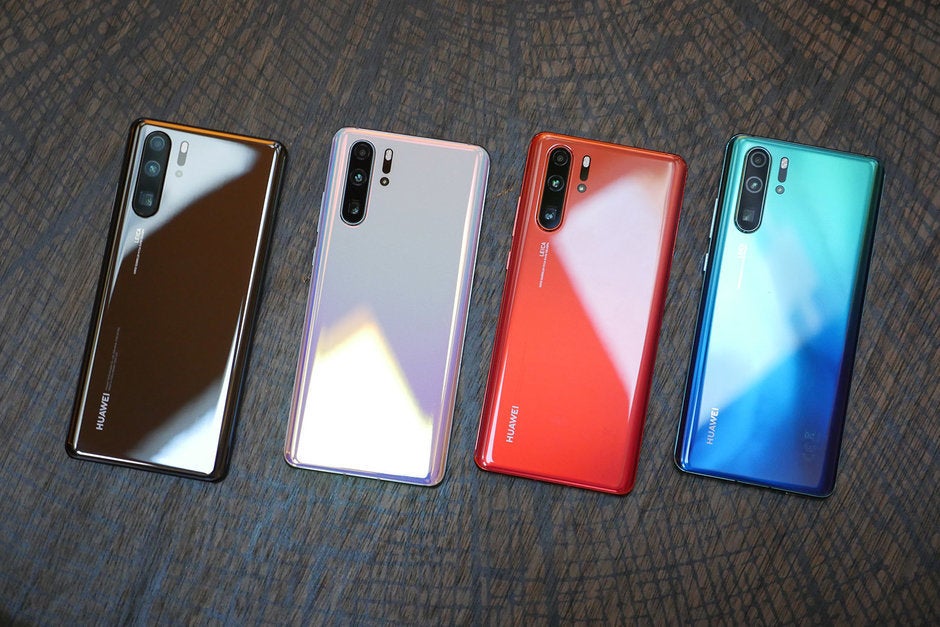
The Huawei P30 Pro, the company's current premium handset
On NBC's weekly news program "Meet the Press," U.S. Senator Lindsey Graham (R-S.C.) said that the Senate won't be pleased if too many concessions are made to Huawei. The company is considered a threat to U.S. national security because the communist Chinese government can request that it spy on its behalf. This has led U.S. lawmakers to worry that Huawei's devices contain a backdoor that can be used as a conduit to send intelligence to Beijing. Huawei has repeatedly denied these allegations. The U.S. has warned allies not to allow Huawei's networking equipment to be used in their 5G networks for this very reason. While countries like Germany are refusing to ban Huawei, and the U.K. is debating the issue, Japan, New Zealand and Australia have heeded the warning from the U.S.
"One of the things I will allow, however, is — a lot of people are surprised we send and we sell to Huawei a tremendous amount of product that goes into a lot of the various things that they make — and I said that that’s OK, that we will keep selling that product."-President Donald Trump
Kudlow pointed out that despite the comments made by Trump, Huawei does remain on the Entity List and we'd imagine that the company is probably just as confused as most of its U.S. supply chain at this point. The confusion about what to do about Huawei can be detected in the president's comments last month on why the company's name was placed on the list. "Huawei is something that’s very dangerous...from a military standpoint, it’s very dangerous," said the president, "so it’s possible that Huawei even would be included in some kind of a trade deal. If we made a deal, I could imagine Huawei being possibly included in some form, some part of a trade deal." And on Saturday morning U.S. time, Trump said that China would buy "tremendous" amounts of U.S. agricultural products from U.S. farmers. And that led President Trump and President Jinping to announce a truce.
A similar situation took place last year when ZTE, another Chinese manufacturer of phones and networking gear considered to be a national security threat, was banned from importing U.S. parts, and software for failing to abide by certain Commerce Department punishments. ZTE had been caught selling goods and services to Iran and North Korea in violation of international and U.S. economic sanctions. Once the fourth largest smartphone company in the states, ZTE was on the verge of having to shut down before Trump ordered the Commerce Department to reach an agreement with the company. ZTE was forced to pay a $1 billion fine and put $400 million in escrow to cover any possible future violations. It also had to agree to be monitored by a team from the U.S. and replace its board and executive suite.
President Trump said that he is allowing Huawei to buy U.S. supplies again at the request of the U.S. tech industry although some House and Senate Republicans are not in favor of the move.
Follow us on Google News

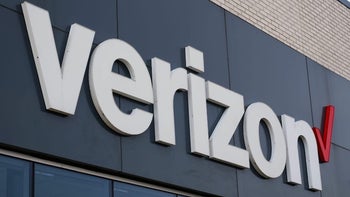
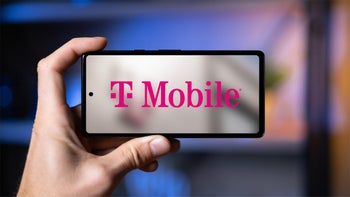
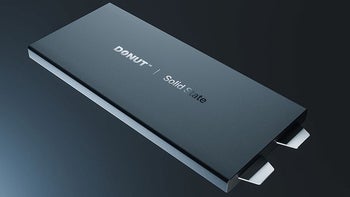
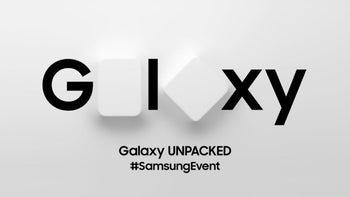
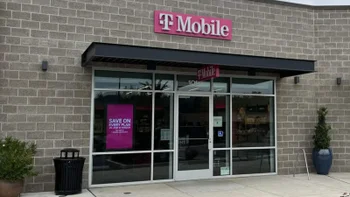
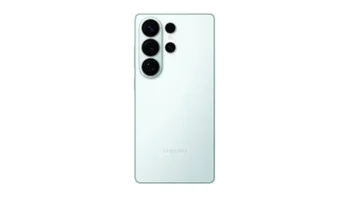

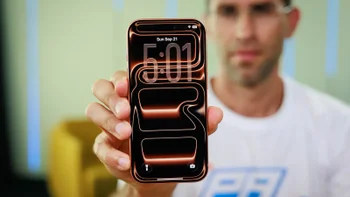
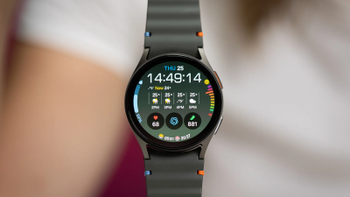
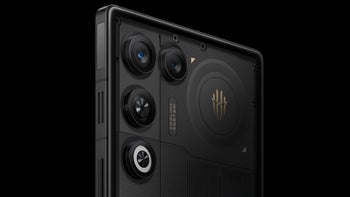
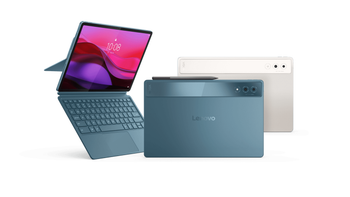
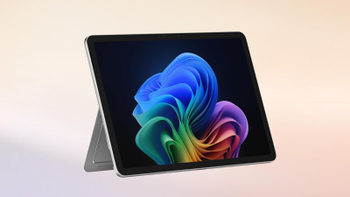
Things that are NOT allowed:
To help keep our community safe and free from spam, we apply temporary limits to newly created accounts: